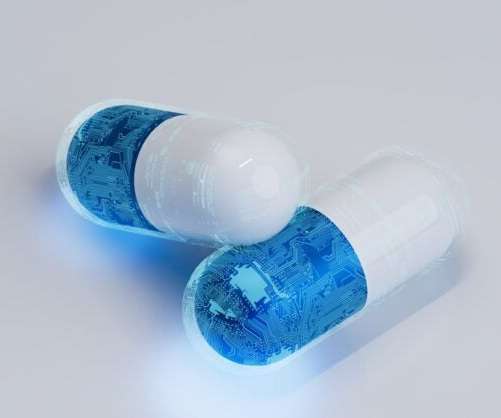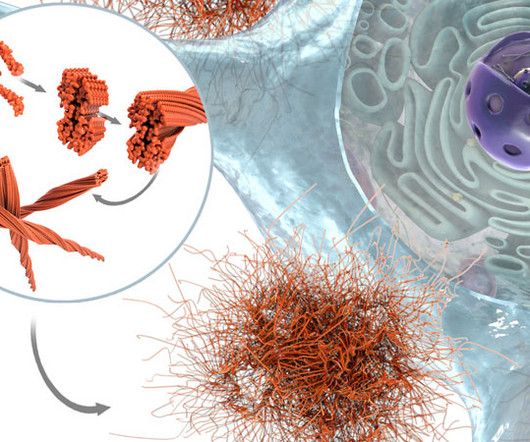Click Therapeutics kicks off digital therapy remote trial for migraine
Pharmaceutical Technology
APRIL 26, 2023
Patients will receive the digital therapy through their mobile phone applications over a 12-week period, and its efficacy will be evaluated based on the difference in the number of monthly migraine days. According to the company, patients often do not achieve full remission with a solely pharmacotherapeutic approach.













Let's personalize your content